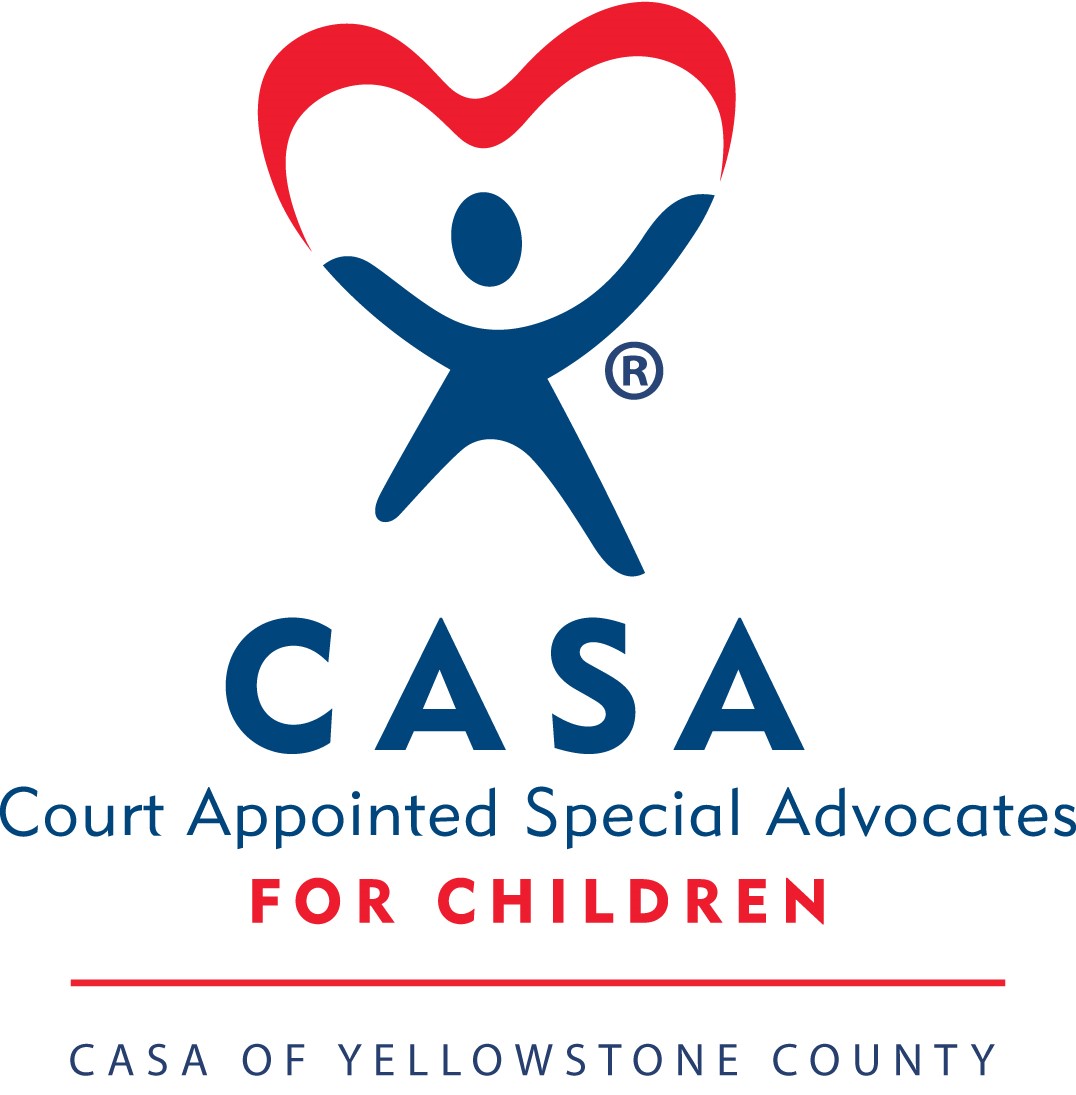Batman and Robin. Rodgers and Hammerstein. Barack and Michelle. Through the years, there have been couples (romantic and otherwise) who have brought together their unique skills and perspectives to make the world a better place than if they had simply worked alone.
So it is with advocacy. Did you know that Court Appointed Special Advocates can work in pairs to be a voice for the children and youth of our community? Advocate pairs are most often married couples, but any two people who are willing to share the load can come together to advocate for a sibling group. Here at CASA of Yellowstone County, we have seen great success with married couples and even friends co-advocating for sibling groups.

Alex Green
Each advocate is expected to satisfy their own pre-service and in-service training requirements. The orders appointing the advocates list both advocate names for each child, granting each co-advocate the authority to inquire into each child’s situation and report on their wishes and best interests. But even when you’re assigned to all the children in the case, working with a co-advocate adds a level of freedom that can’t be found when advocating alone.

Run FFWPU
- Advocate pairs can tackle larger sibling groups than a single advocate can easily work with. We frequently have sibling groups of up to seven children awaiting an advocate—so much work for one person, but more easily handled by two people working together.

Sora Shimazaki
- Advocate pairs add flexibility at case selection. Let’s say you would prefer to advocate for an older youth, while your spouse loves watching toddlers grow and develop. When it comes to case selection, you could each hope that there is a case available with the child in your preferred age range. Or you could find cases that combine both your preferred age ranges in one larger sibling group, allowing both of you to work with all the kids and perhaps discover you enjoy a lot more about that other age than you expected.

Armin Rimoldi
- Advocate pairs add flexibility in scheduling. Your case is scheduled for a hearing next Monday at 2 o’clock. But you just received an email from the child’s teacher, advising you there is a team meeting scheduled for the same day and time. What’s an advocate to do? If you were advocating by yourself, your peer coordinator would fill in for you at the hearing so you could attend the school meeting. But your peer coordinator isn’t quite as familiar with the details of the case as you are. Now, if you had a co-advocate, you would both be up to date on all the details of the child’s situation. One of you could go to court, the other could go to the team meeting, and you’d both compare your notes over dinner that night.
- Advocate pairs allow each advocate to play to their own strengths. Are you comfortable speaking in a formal setting, but the idea of writing a report leaves you in a cold sweat? Is your spouse a card-carrying member of the Grammar Police but clams up when they’re the center of attention? They can focus on writing monthly and hearing reports with your input, while you prepare to speak for both of you in court and at family engagement meetings. The sky is the limit when it comes to an equitable division of labor. Remember that both advocates are responsible for getting the work done, but if you can work with a friend or loved one, it will make the work that much more enjoyable.

Jopwell
- Advocate pairs offer insight into healthy adult relationships. Many of the youth in our community lack models of healthy relationships, both romantic and platonic. You and your co-advocate can inspire the kids and show them that healthy boundaries and conflict can be a regular part of their world.

Alleksana
This Valentine’s Day, why not take the plunge with your significant other or galentine and co-advocate for youth in our community? We could all do with some meaningful connection in our relationships, beyond watching Netflix in our sweats as was the extent of “quality” time for so much of 2020. Do something meaningful with your loved one, and you may just find that there is even more to love in that big, beautiful heart!
To find out more about advocating for youth in our community, contact the CASA of Yellowstone County development director via email at emily@yellowstonecasa.org or phone at (406) 259-1233.





